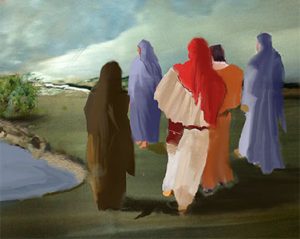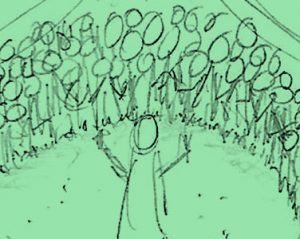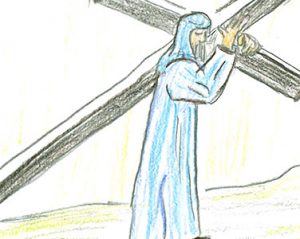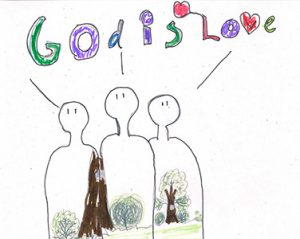Reformation Sunday
Rooted in the past and growing into the future, the church must always be reformed in order to live out the love of Christ in an ever-changing world. We celebrate the good news of God’s grace, that Jesus Christ sets us free every day to do this life-transforming work. Trusting in the freedom given to us in baptism, we pray for the church, that Christians will unite more fully in worship and mission.












